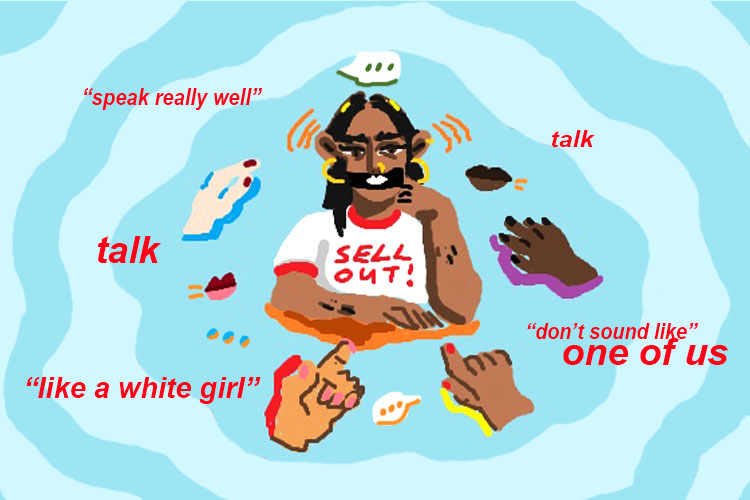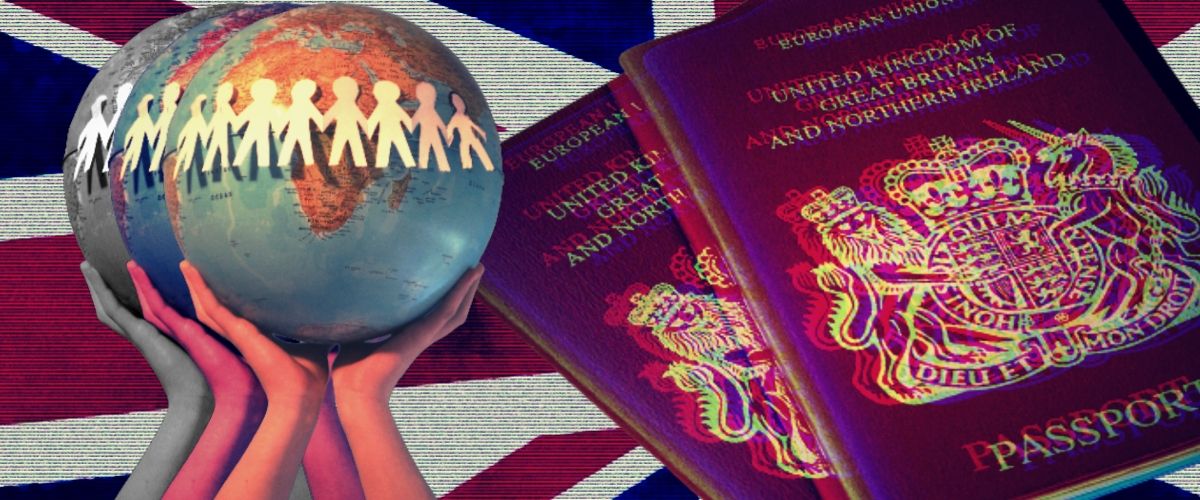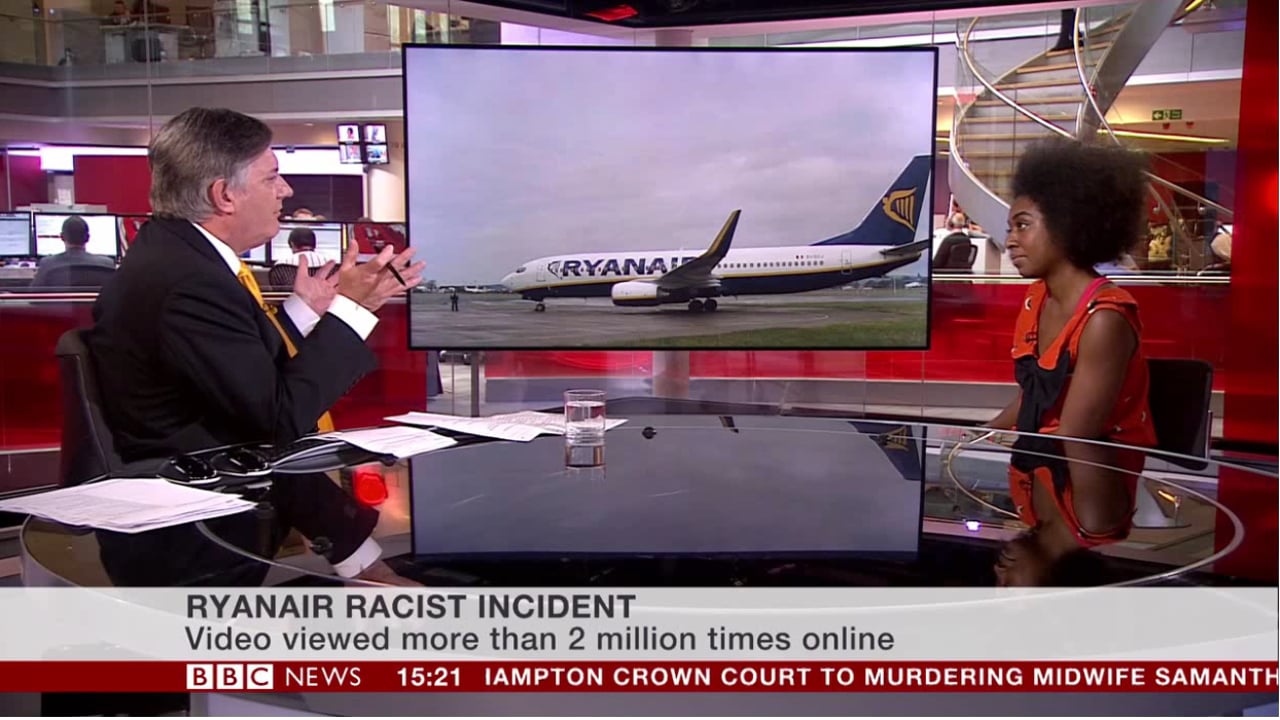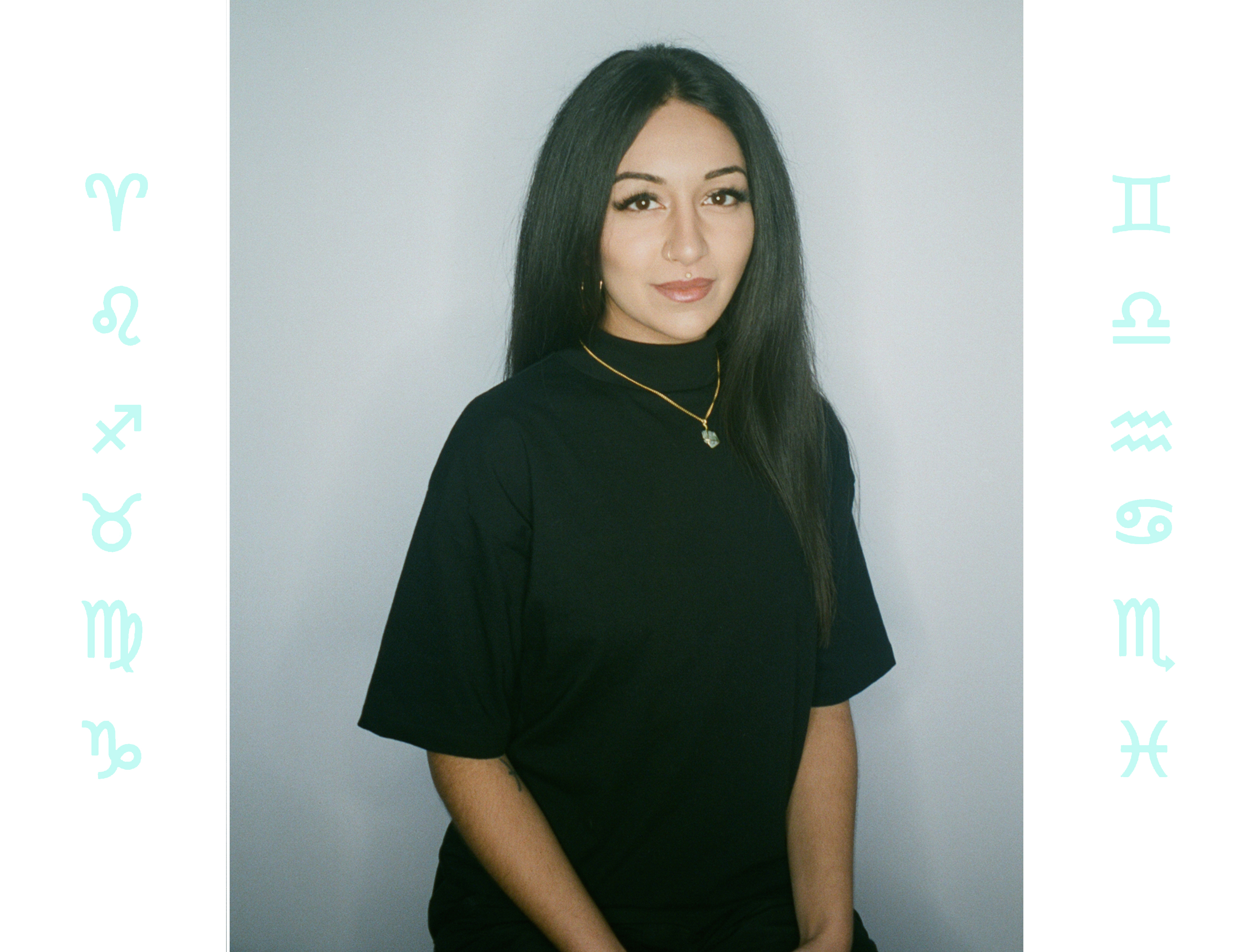
You are in an English Literature lecture that hasn’t begun yet, discussing a forgettable debate, when you’re interrupted and complimented on how you “speak really well” and you even “say all the words properly”. Flash to one of those pre-desi wedding parties you can’t remember the order of and just as the music goes down, someone has to quip even louder that “you don’t sound like one of us”. This time the discussion on “where do you get it from?” is even more in-depth than the prior, and it is now a conversation you just expect at social gatherings.
You put pen to paper and realise “sounding like a white girl” has haunted you your entire life. But now you’re running in circles which are more and more prosperous, thus more white, and you have to ask yourself if you would have had all the same opportunities if your voice broke and failed you by implying it wasn’t from here.
“Raise your hand if you’re a person of colour and because you do not always speak with ‘such slang’, you are seen as less of whatever your background may be and not ‘one of them'”
So raise your hand if you’re a person of colour and you’ve been told you sound better than what was preconceived. Raise your hand if you’re a person of colour and because you do not always speak with “such slang”, you are seen as less of whatever your background may be and not “one of them”. Raise your hand if you ever wonder if the reason why you have been given the chance to mix within “middle-class creative circles” or even within the group of friends you’re close to is possibly due to your naturally white washed voice that makes you easier for others to absorb.
Though the topic of accents has been a vehicle to drive art – whether it is Rupi Kaur’s poetry, Ernestine’s Johnson’s viral and touching delivery of why speaking well is connoted with “speaking white” or even more mainstream forms of media such as Buzzfeed US’ capturing what millennials would like to say to their parents regarding their accent – this is not just the media speaking to the media. Across my own social channels, I called for stories from WoC on this particular topic of painstakingly being told they do not sound like how they look. I got a ridiculous amount of replies in a matter of a few hours. Women of diasporas from all continents, creeds and colour asking themselves: why is my accent such a big deal?
You do not need a PHD in psychology and communication to know how you compose yourself is your first impression. Or sometimes, how you sound before someone actually sees you. But don’t worry, people never forget to note in a positive tone how “pleasantly surprised” they are by the tone of your voice.
For example, at a recent dinner party, a close friend of mine noted how every time she switched on the news, she is instantaneously impressed if the news anchor is one of colour and “speaks well”.
If we were to delve into the semantics, that is a white woman analysing her reaction towards someone of colour. This merely emphasises how being noticed for sounding different than someone’s expectation is not just a problem exclusive in the workplace; or even around a group of friends who look over your roots day to day because those roots are not growing forcibly from your mouth. However, sadly, when it is bluntly commented on that I sound like “a white girl”, the majority of the time it is by someone who looks similar to me.
They aren’t impressed with how I pronounce my T’s, if anything they are stirred that the stories of my grandparents migrating to the UK are not shown clearly when I open my mouth. What’s up in the air is not the heat of the conversation, but this false idea that I am trying to sound like something I am not, or worse, I am attempting to make them feel lesser.
“Women of diasporas from all continents, creeds and colour asking themselves: why is my accent such a big deal?”
Therefore, in this age of conversation, I originally thought I would speak to a few women of colour in an industry where networking and your voice is crucial. Disclaimer: it is not insinuated that these women are successful due to their accents but a question of if they think their accent helped get their foot in the door.
I discussed the matter with Patricia Ekall, a blogger, writer and friend (who has always resembled Lupita Nyong’o to me, not because they’re both black nor because Nyong’o also gets called out on being “so well poised for a black woman” but because they both frankly have the dankest smiles) and we unfortunately agreed.
Though Patricia is a self-starter – refreshingly choosing to gain experience in the industry instead of attending university as we all know how nepotistic journalism can sometimes be – it would be fair to state that networking has helped Patricia gain the projects she has previously had. But in her experience, it has not necessarily been her accent which may have helped her gain further opportunities, but her choice of words: “There is something to be said for being well spoken, especially with (dare I say it?) looking ‘exotic’ or ‘foreign’. In a twisted way it intrigues people and they want to know more about you – whether you like it or not.”
“However, the most astonishing thing about being told that I sound like a white girl was that it often came from other people of colour. They made me feel like a sell out for not sounding ‘like I should.’ They insinuated that I was trying to be something I am not and that I should be ashamed of myself for it. Others blamed my accent and mannerisms on the ‘posh’ school I attended – despite the fact that I have spoken the way I do since my (state) primary school days. This was just after I’d finished learning English, as French is my mother tongue. As far as I was concerned, I’d had to learn a new language from scratch. Affecting my spoken word with colloquialisms would be an added thing to learn and would seem unnatural to me – since I did not grow up there.”
On questioning how she dealt with these accusations of being false, Patricia said she faced the ignorance head on “And what should I sound like? I made them realise they were insinuating that black people could not – and should not – be well-spoken, educated and classy.”
“They made me feel like a sell out for not sounding ‘like I should.’ They insinuated that I was trying to be something I am not and that I should be ashamed of myself for it”
Though Patricia handled this situation perfectly, my reaction to not sounding “brown” enough differs and has naturally always been to apologise and explain this is simply how I speak. Ironically, this has always been because I have never thought I sounded “white” or “posh” as I have always felt Bengali – a box I was being pushed out of..
When researching for this piece and trying to seek successful British Southern Asian women and creatives who have dealt with these experiences, I honestly found it hard to find any. As someone who is immersed and informed in the zeitgeist of creatives, especially those upcoming and of colour, it wasn’t that I wasn’t looking. It was a question of whether these women or their work had ever been published in any format, and if they were at a stage where they wanted to discuss this topic.
I believe it was more of the latter, they did not want to discuss it; but all that was shown in the laguna of these voices was that they simply were not here. Is it because they are lazy or they do not care for the arts? Or is it because hundreds of women of colour fall into the popular narrative of not sounding “good enough” and as a consequence, not feeling so? It may be an amalgamation of reasons but it definitely seems that those who are in a position to give opportunities, instead of hearing what these women have to say, only hear the hurdle of cutting through an accent. Who’s the lazy one now?
So am I fortunate for sounding the way I do? Of course. Do I feel guilty? Yes, as it makes me question who has been denied an opportunity due to the type of sound coming out of their mouth. Am I grateful? No. I don’t believe all I have in my career or personal life is due to my accent not sounding like Apu from The Simpsons. Nor do I think I should pay tribute for something which I should not be judged on in the first place. I am grateful however to still look like I do. I may sound like a white girl and get a seat at the table, but my surroundings have allowed me to not experience life as one. This only makes me contribute instead for those who are not yet next to me. Someone better be listening.









